New Zealand Law Society - Session topics


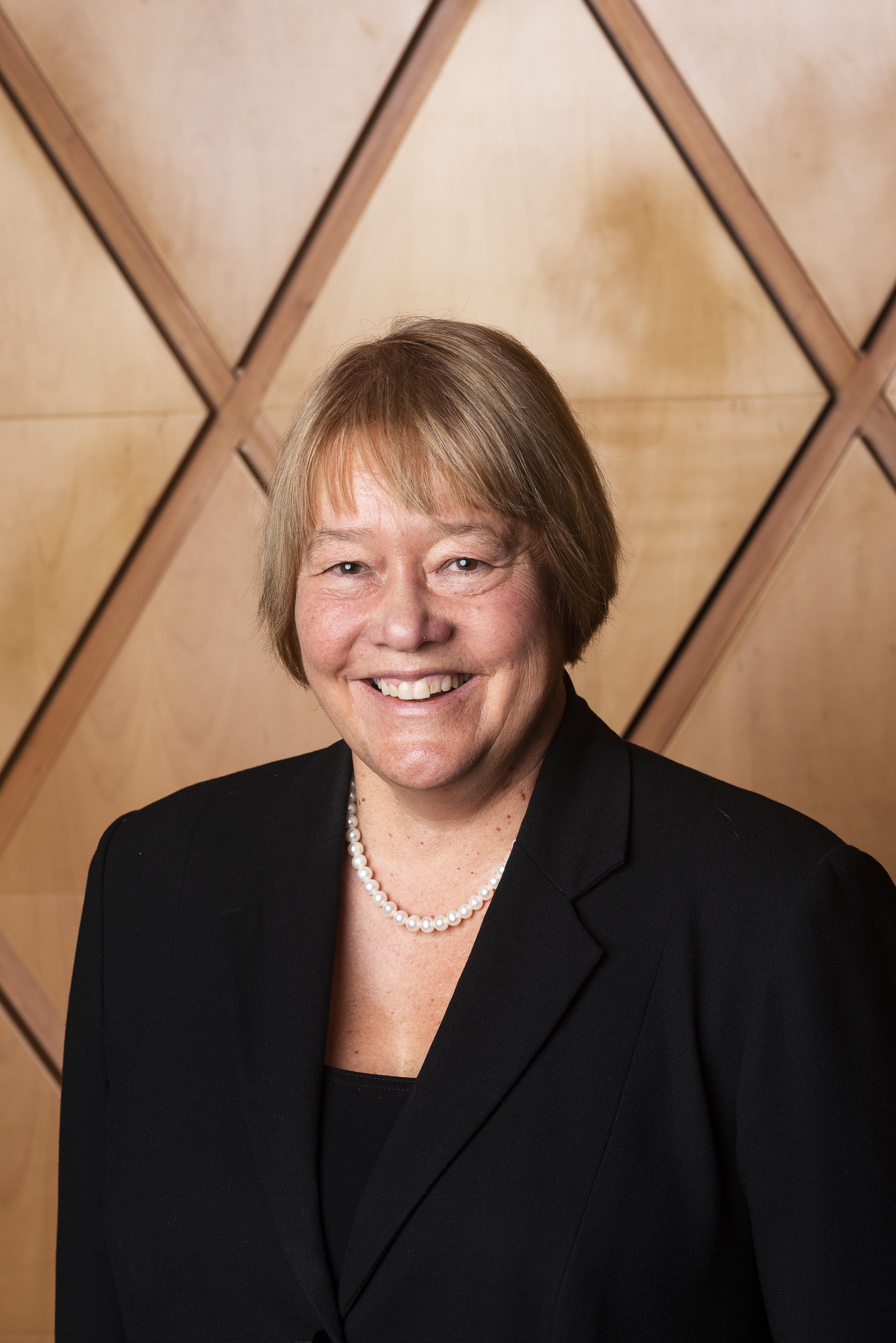
On August 15, 2021, the Taliban reached Kabul, casting a chilling shadow over the lives of the 250 Afghan women judges. These judges, who had ardently devoted themselves to upholding the rule of law, found themselves in mortal danger not just from the Taliban but from the criminals and terrorists they had sentenced and who were now out for revenge. The judges were also subjected to the systematic erasure of women and girls from all forms of public life. This session will recount the moving saga of the unwavering efforts by members of the International Association of Women Judges (IAWJ) who embarked on a heartfelt mission to rescue these courageous women.
Thank you to our keynote sponsor:
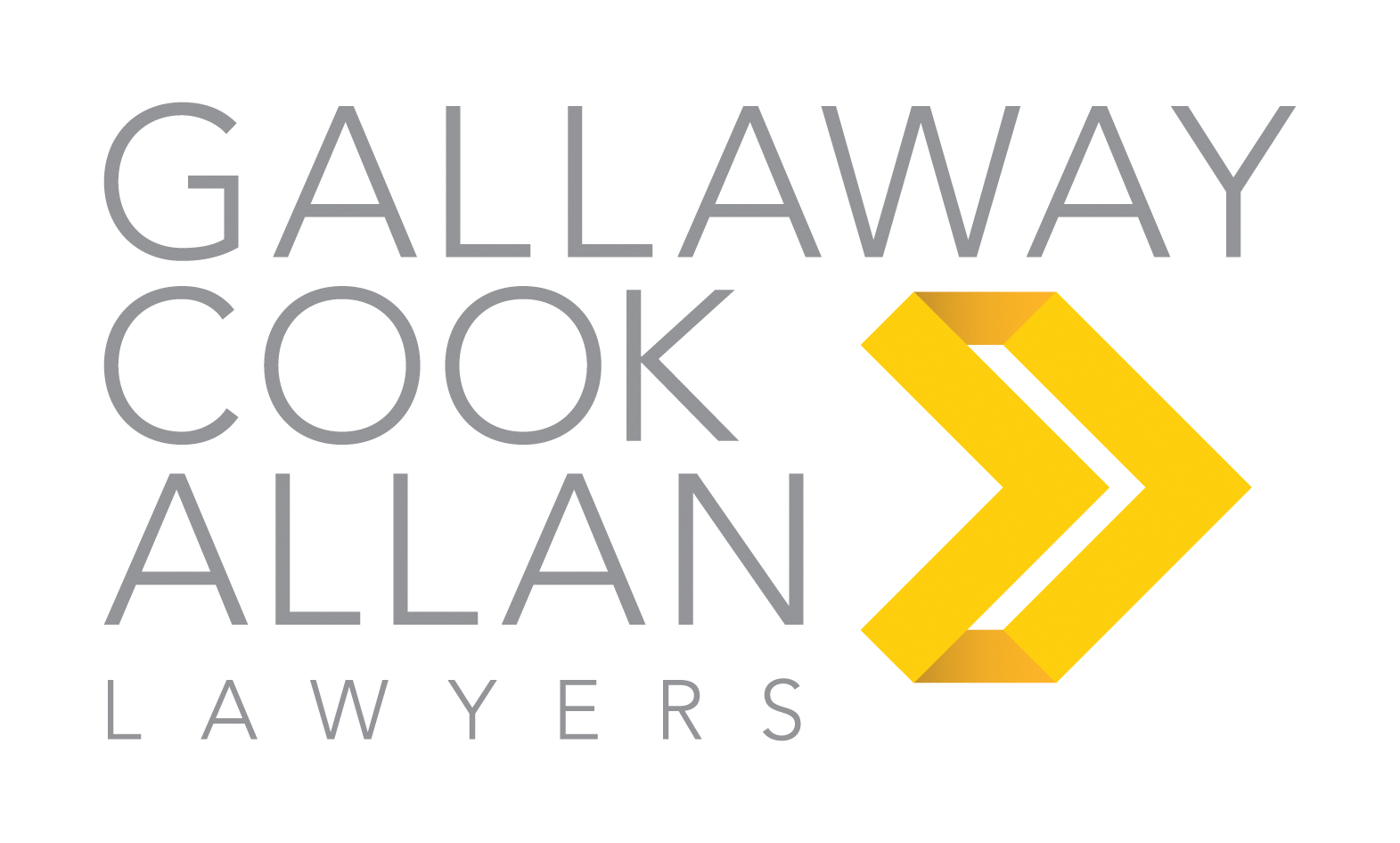
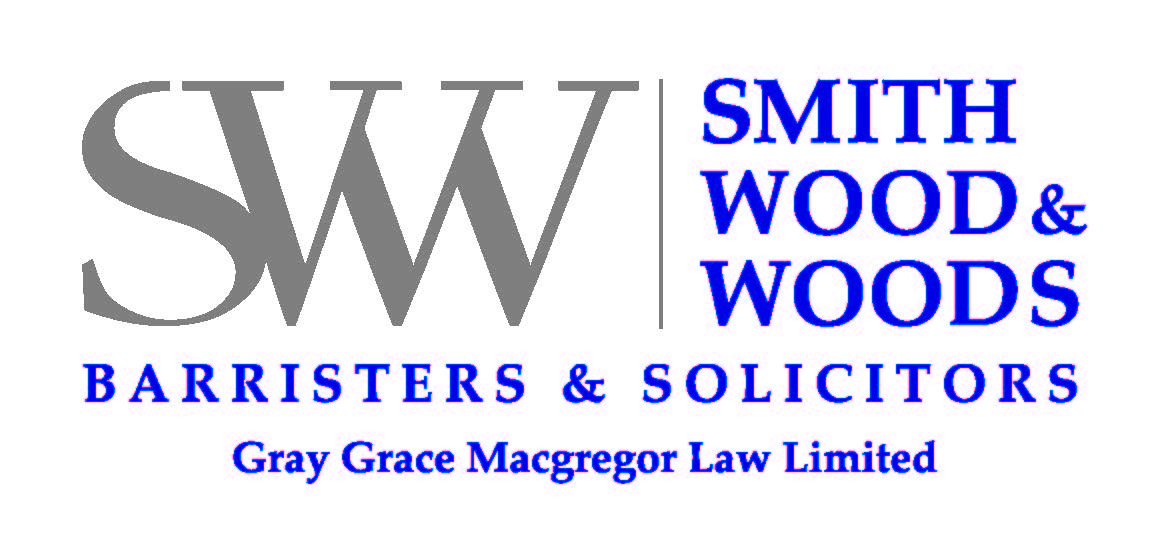
The purpose of this basic workshop, Let’s Make it Perfectly Queer!, is to serve as an introduction to the LGBTQIA+ spectrum and to uncover some basic considerations that will encourage us to have a deeper understanding and deliver a culturally safe approach to improving outcomes for LGBTQIA+ clients.
Lesbian, Gay, Bisexual, Transgender, Takatāpui, Queer, Intersex, Asexual, plus (LGBTQIA+) people come from all cultures and walks of life. Gaining an appreciation of LGBTQIA+ people, their history and lived experiences can lead us to change our professional and personal environment and the way we approach clients to provide a safe, LGBTQIA+ inclusive space that promotes and delivers exceptional person-centred care.

In this session James Cowan (Senior Associate, Anderson Lloyd) will discuss new and emerging developments in workplace investigations. Workplace investigations are more regularly being subjected to scrutiny, criticised for any procedural misstep, and alleged as subjecting employees to unjustifiable disadvantage. They are becoming increasingly complex (and expensive), and employers are seemingly being held to a higher standard than in the past. This session will inform practitioners about avoiding the legal pitfalls in advising on workplace investigations, including: the standard of proof, good faith and natural justice requirements, supporting documentation, whistleblowing, privacy, privilege, and what makes an investigation "sufficient".
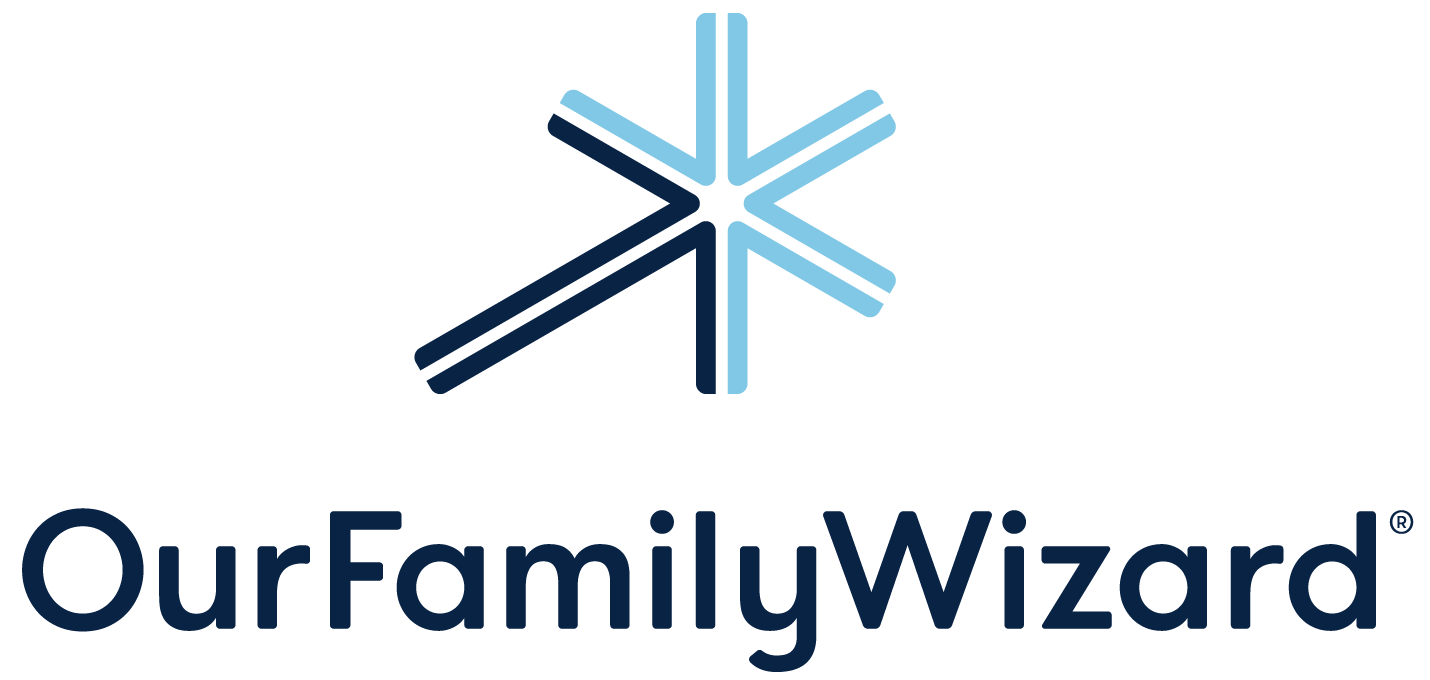
As our dependency and use of technology increases, we rely on electronic devices to complete many daily activities. Unfortunately, these same technologies are being seen more and more in family law cases where offenders have identified ways to exploit them in order to facilitate harm towards their victims and co-parents alike. In this interactive workshop, Steven Bradley will explore the risks and benefits of technology, not only for the clients we serve, but also for you in your personal and professional lives. Attendees will learn safety planning and evidence collection strategies for phone technology, location apps, social media, and more. Non-technical language will be used throughout the presentation and how to safely navigate the world of technology.
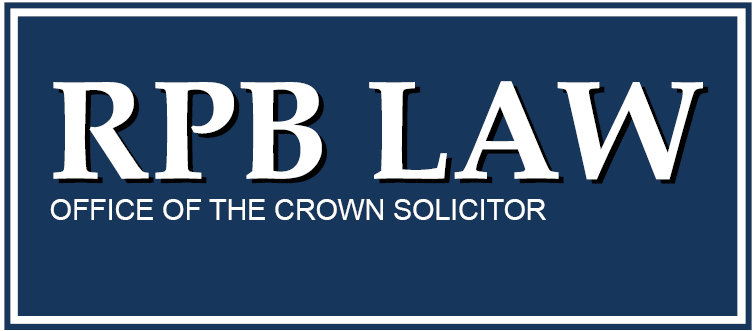

In this session you will receive a brief background on a range of disabilities, mental health conditions and neurodiversity. How these conditions impact communication. You will receive a practical guide on how to identify communication challenges including a cheat sheet to screen for key communication features. In addition to this background information, you will receive communication strategies to implement in your own practice. This will include use of plain language, easy read documentation and conversation strategies. All of which may support the court process, workplace communication and talking with your clients.
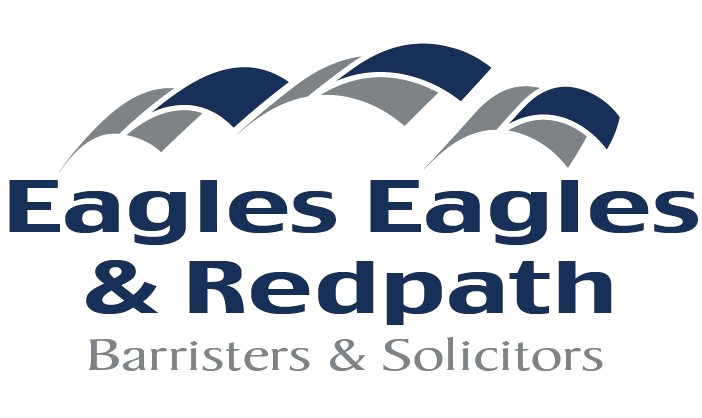
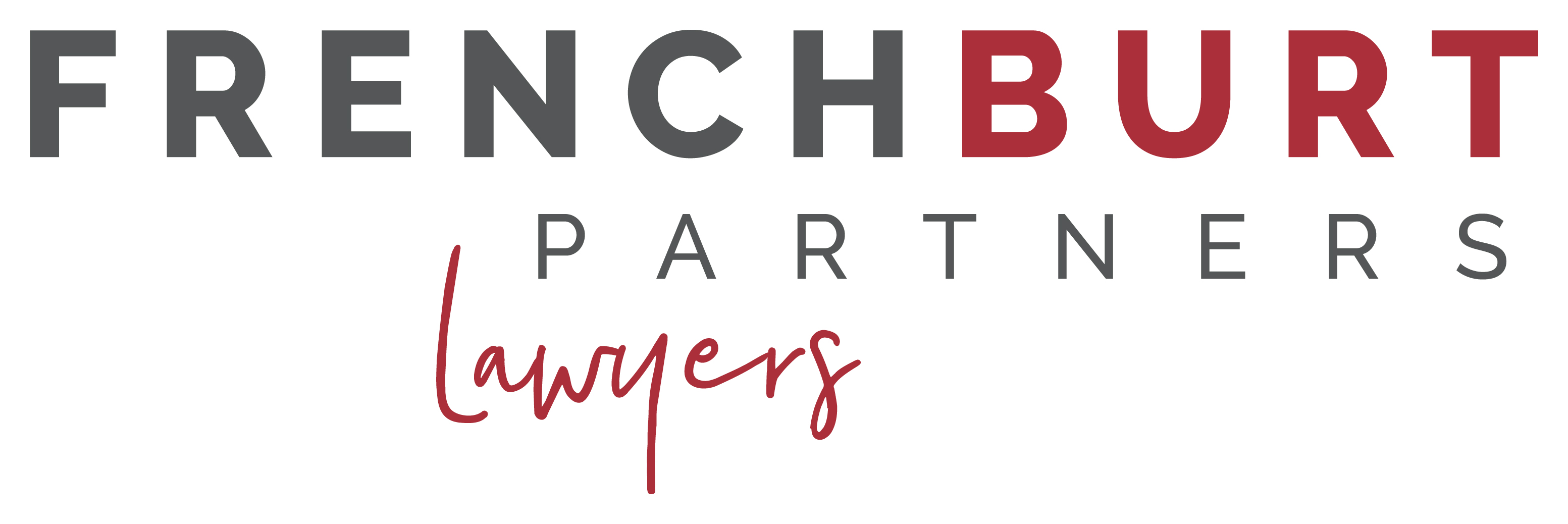
In this session, Kate Rouch discusses the current issues in this area of professional discipline with reference to three recent decisions of the Health Practitioners Disciplinary Tribunal.
In each of PCC v Tovaranonte, PCC v Tepou and the recent high-profile decision of PCC v Canaday the medical practitioner made statements on social media which were ultimately found to have been in breach of their professional obligations. In two of these cases, the statements related to the COVID-19 pandemic.
Kate explores three common issues in these decisions: how making statements is within the relevant scope of ‘practice,’ why the statements ultimately attracted a finding of professional misconduct, and what these findings mean for health practitioners taking to social media. This session will be of interest to those who want to keep updated with the latest case law on professional discipline.


Some say that timing is the art of successful mediation-certainly careful thought must be given to when to promote mediation to friend or foe. Lawyers must also think carefully about how they prepare themselves and their client’s case for a mediation. What will influence a successful outcome at mediation for your client?
For clients (and their lawyers) to get the most out of mediation, they need to be able to manage their emotions so they can engage constructively and shift from entrenched positions. This will allow them to collaborate and focus on moving forwards, towards resolution. It is also important that clients talk to their lawyers about the underlying reasons for the dispute so that they can assess what non-legal options may be relevant as well.
This session is for all lawyers looking to help their clients resolve disputes or problems. Mediation can be used in all areas of law, in addition to family and employment.


The talk will focus on:


What should you do if find your family law case has an international or cross border aspect to it and there are queries as to which international jurisdiction applies. We will cover:

Trevor and Peter will discuss two or three topics for property lawyers based on interesting recent cases. Trevor will summarise and comment on the cases from a litigator’s perspective. Peter will focus on the application of the cases in terms of drafting contracts and managing transactions.

As the Trusts Act 2019 continues to embed itself into contemporary practice, this seminar will focus on relevant considerations when advising trustees and also acting as a professional trustee. The seminar will also review current trust issues and practically consider how these can be managed by practitioners following the introduction of the Trusts Act 2019.

The fields of money laundering, financial crime, terrorism financing, and foreign economic sanctions (e.g. upon Russia) only grow more complex.
And so does the regulatory machinery that is put into statute form to try to combat or control those evils. What are we to make of New Zealand’s various financial crime regimes, and the levels of compliance expected of law firms and business clients?
Gary will draw on his deep expertise of enforcement & compliance problems to survey these fields, including:
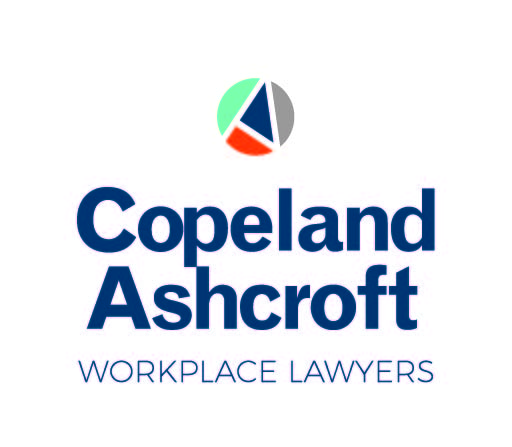
A large number of New Zealand employers’ benefit from employing migrant workers. These employers will need to navigate constantly changing policy and the fishhooks within it.
This session will cover some of the policy changes and fishhooks that employers should be aware of when employing migrant workers. The issues that will be covered will include: